FLAT 10% OFF ON YOUR FIRST ORDER. USE IVER10
Granicip (Granisetron)
Price range: $110.00 through $230.00
Granicip Tablet DT, containing Granisetron, is a fast-acting antiemetic designed to prevent and treat nausea and vomiting related to chemotherapy, radiotherapy, and post-surgical recovery. As a selective 5-HT3 receptor antagonist, it blocks serotonin signals that trigger the vomiting reflex. Its dissolvable tablet form offers ease of use, especially for patients undergoing cancer treatment who may have difficulty swallowing. Granicip helps improve the overall comfort and quality of life during intensive treatments, allowing patients to better tolerate therapy. It typically begins working within 30 to 60 minutes, offering extended protection.
- Buy 2 and get Flat 15% Off. Use B2SAVE15
- Buy 3 and get Flat 20% Off. Use B3SAVE20
Granicip Tablet DT (Granisetron) – Anti-Nausea Treatment for Chemotherapy & Surgery
Granicip Tablet DT is a highly effective antiemetic medication specifically designed to prevent and treat nausea and vomiting caused by chemotherapy, radiotherapy, and post-surgical recovery. As a selective serotonin (5-HT3) receptor antagonist, it works by blocking chemical signals that trigger vomiting reflexes. The dissolvable tablet format ensures easy administration for patients undergoing cancer treatments. While primarily used for chemotherapy-induced nausea, it has limited effect on motion sickness. Always take it exactly as prescribed by your oncologist, maintaining consistent dosing times for optimal results.
Uses of Granicip Tablet DT:
- Chemotherapy-induced nausea and vomiting (CINV)
- Radiotherapy-induced nausea
- Post-operative nausea/vomiting
Benefits of Granicip Tablet DT:
It provides critical relief for cancer patients by:
- Blocking serotonin receptors in the gut and brain
- Reducing frequency/intensity of chemotherapy-induced vomiting
- Improving tolerance to cancer treatments
- Available in convenient dissolvable tablet form
Side Effects of Granicip Tablet DT:
Common (usually mild and temporary):
- Headache
- Constipation or diarrhea
- Weakness/fatigue
- Insomnia
Rare but serious (seek medical help):
- Irregular heartbeat
- Severe dizziness
- Allergic reactions (rash, swelling)
How to Use Granicip Tablet DT?
- Dissolve tablet in water before consumption
- Can be taken with/without food
- Maintain fixed dosing schedule
- If vomiting occurs within 1 hour of dose, take another tablet
- Never stop abruptly without consulting doctor
How Granicip Tablet DT Works?
It blocks 5-HT3 serotonin receptors in both the brain’s vomiting center and gastrointestinal tract. This prevents the activation of nausea pathways triggered by chemotherapy drugs, radiation, or surgical stress, providing effective antiemetic protection.
Safety Advice:
- Alcohol: Consult doctor before combining
- Pregnancy: Prescribed only if benefits outweigh risks
- Breastfeeding: Probably safe (limited data)
- Driving: Generally safe (less sedating than older antiemetics)
- Kidney/Liver Disease: Safe with dose adjustments if needed
What If You Missed a Dose?
Take as soon as remembered unless close to next dose time. Never double dose. For chemotherapy regimens, contact your oncology team immediately if a dose is missed.
FAQs:
Q1. What is Granicip Tablet DT used for?
Primarily prevents nausea/vomiting from chemotherapy, radiotherapy, and surgery. Less effective for motion sickness.
Q2. How does Granicip compare to Ondansetron?
Both are 5-HT3 antagonists, but studies suggest it may act faster with better tolerance and longer duration.
Q3. Can pregnant women take Granicip?
Animal studies show no harm, but human data limited. Use only if clearly needed and prescribed.
Q4. What are common side effects?
Headache, constipation/diarrhea, and weakness are most frequent but typically mild.
Q5. How quickly does Granicip work?
Begins working within 30-60 minutes, with peak effects at 2-3 hours post-dose.
Q6. Can I take Granicip with other medicines?
May interact with apomorphine, certain antibiotics, and antidepressants. Always disclose all medications to your doctor.
| Dose | 1 mg |
|---|---|
| Pack Size | 28 Tablets, 56 Tablets, 84 Tablets |

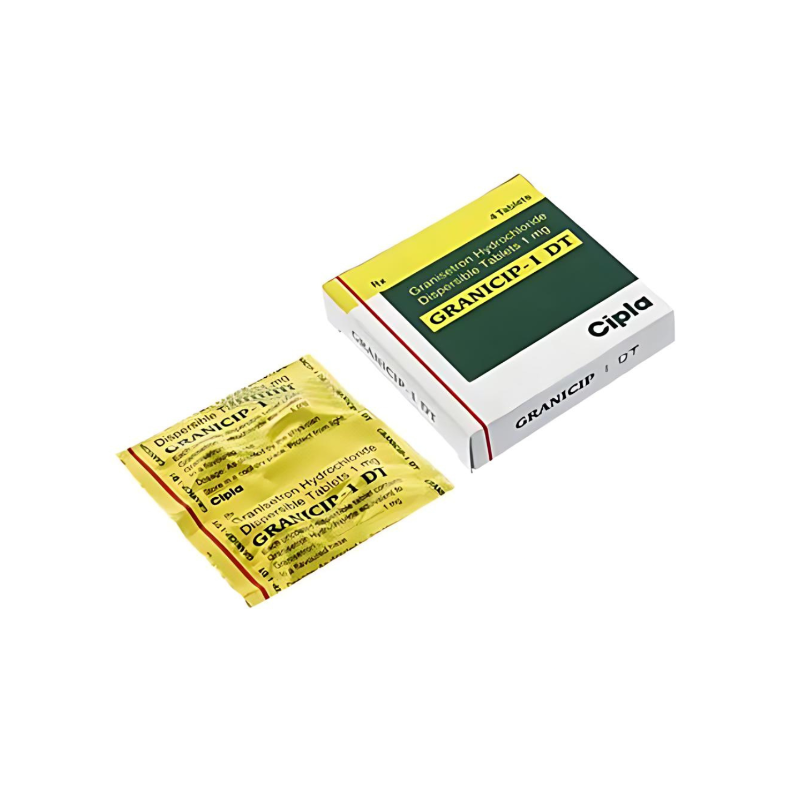
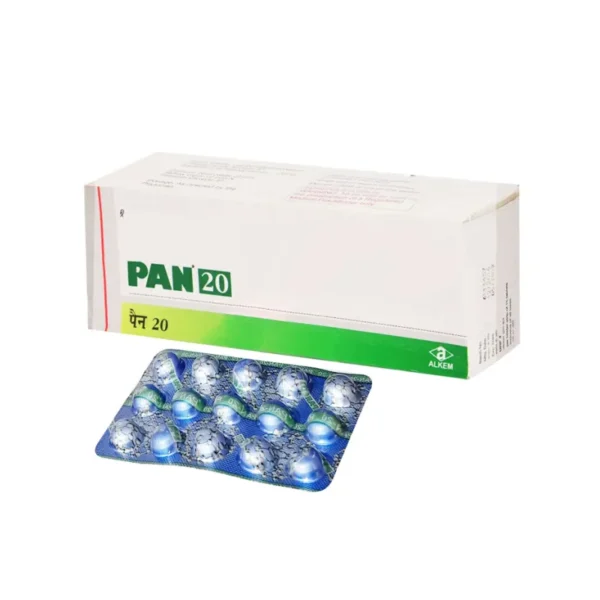
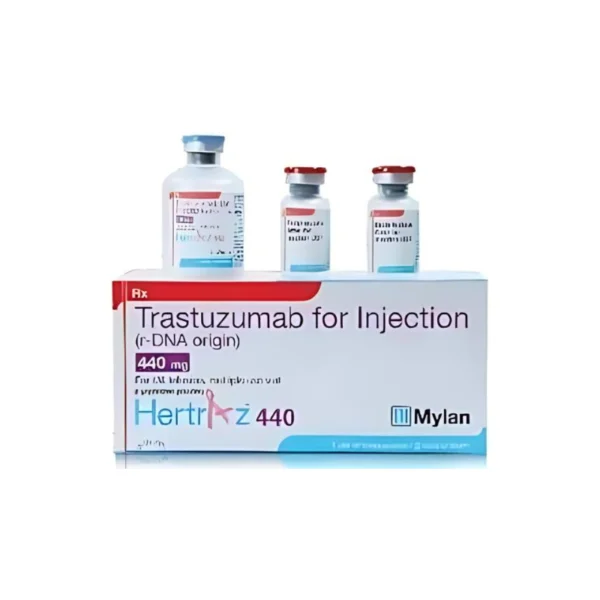
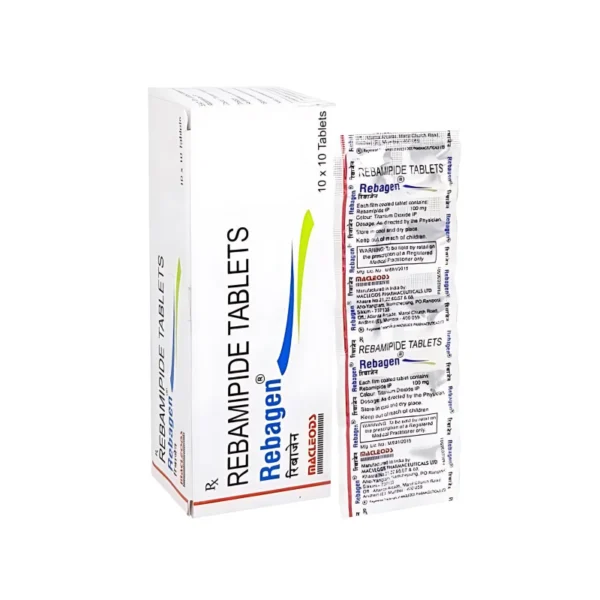
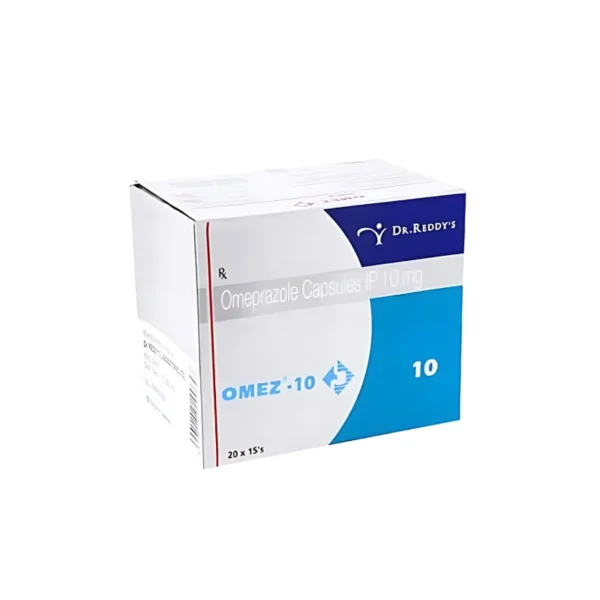
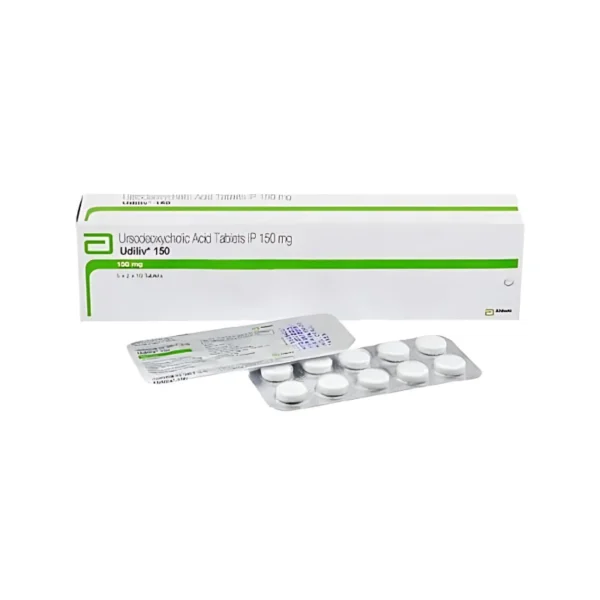
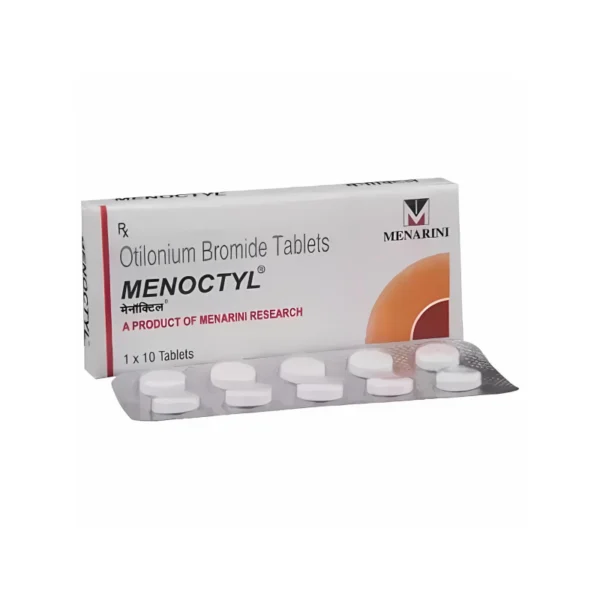
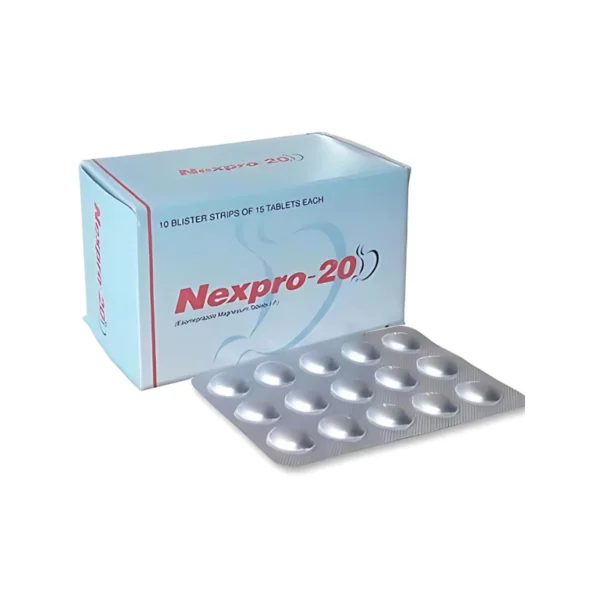

Reviews
There are no reviews yet.